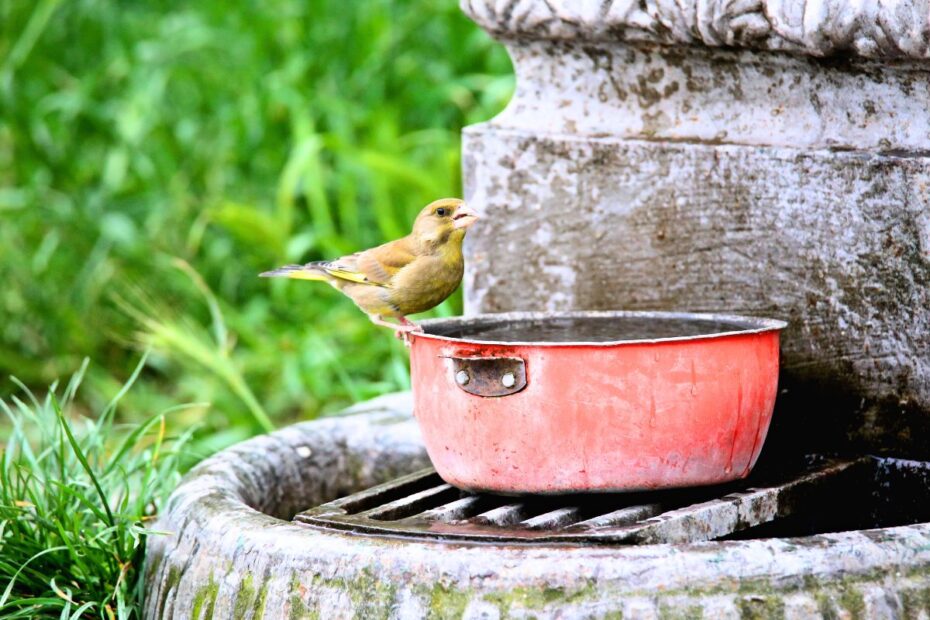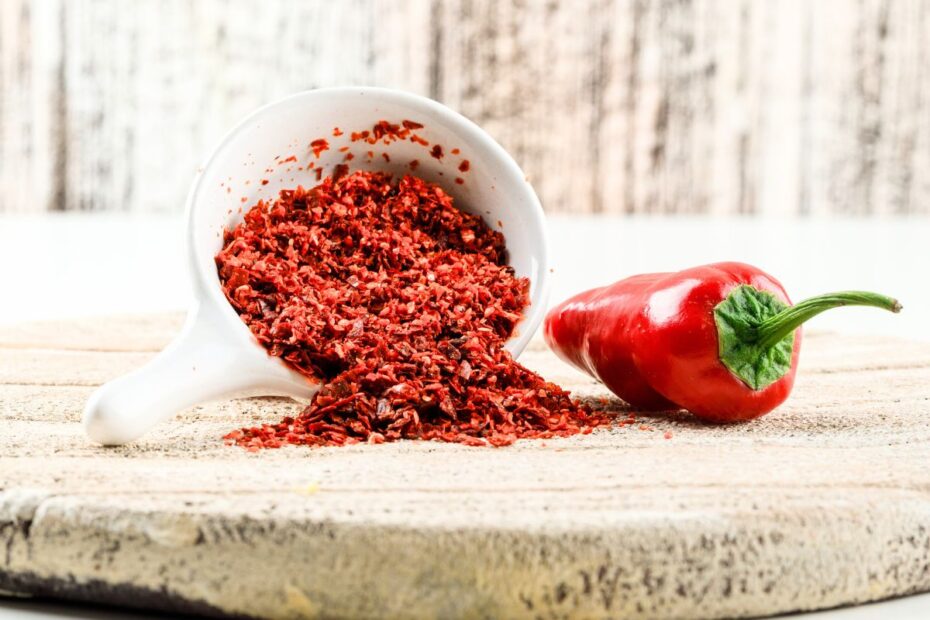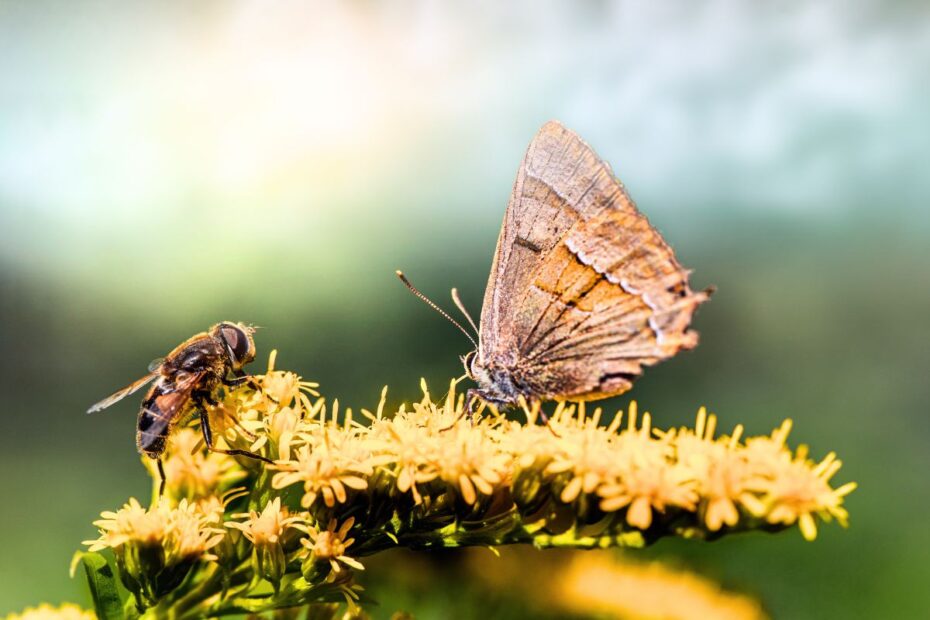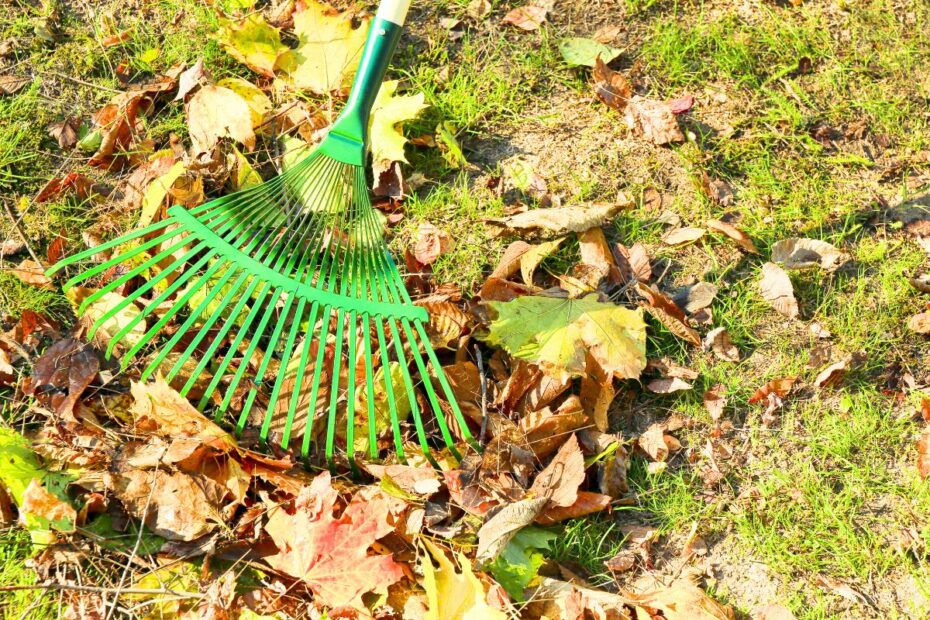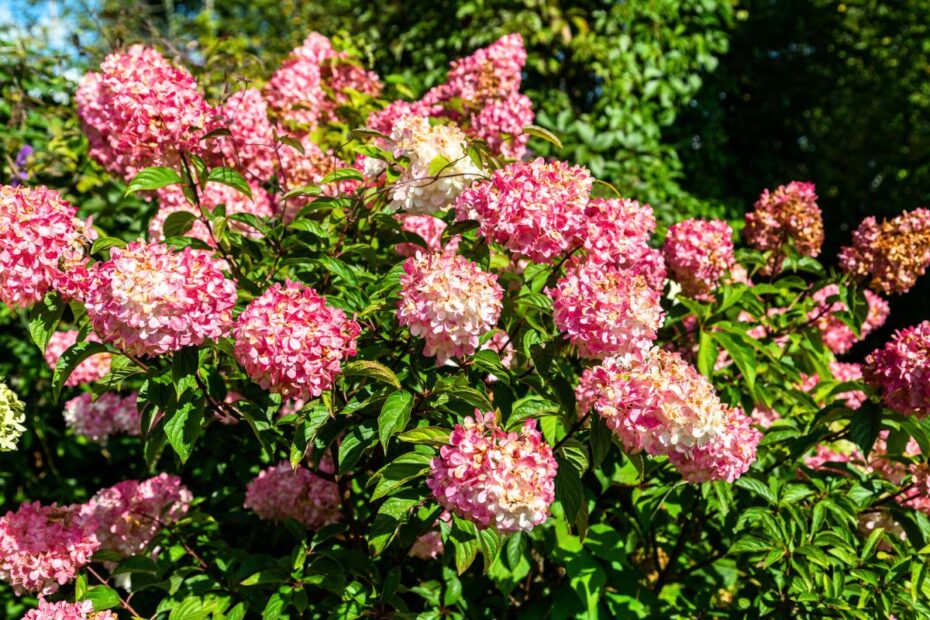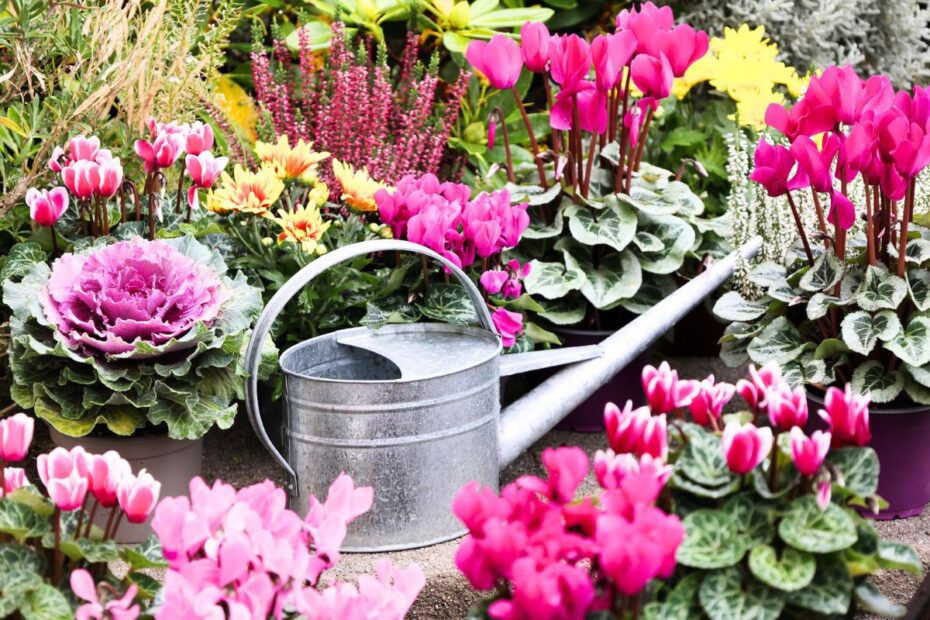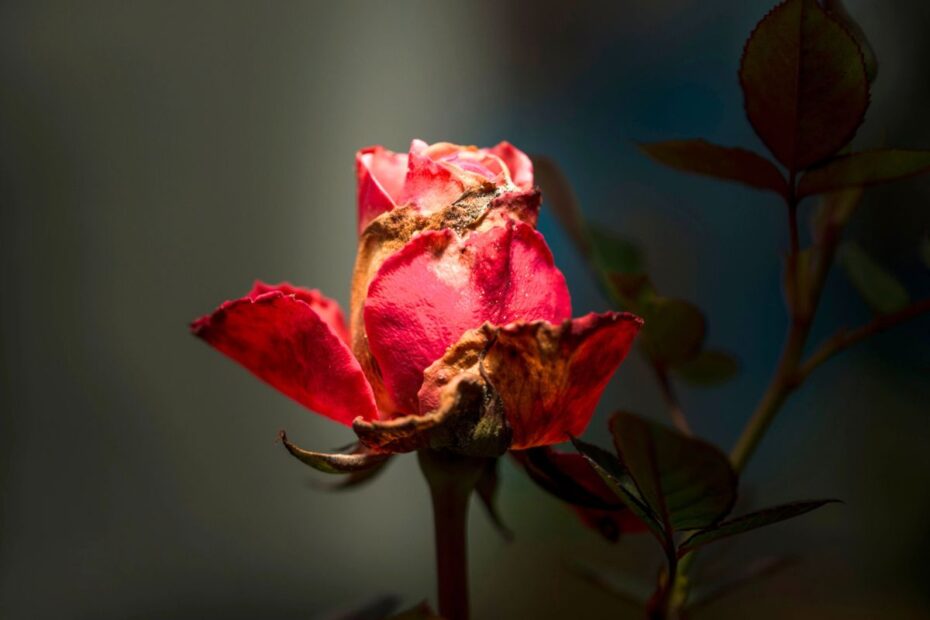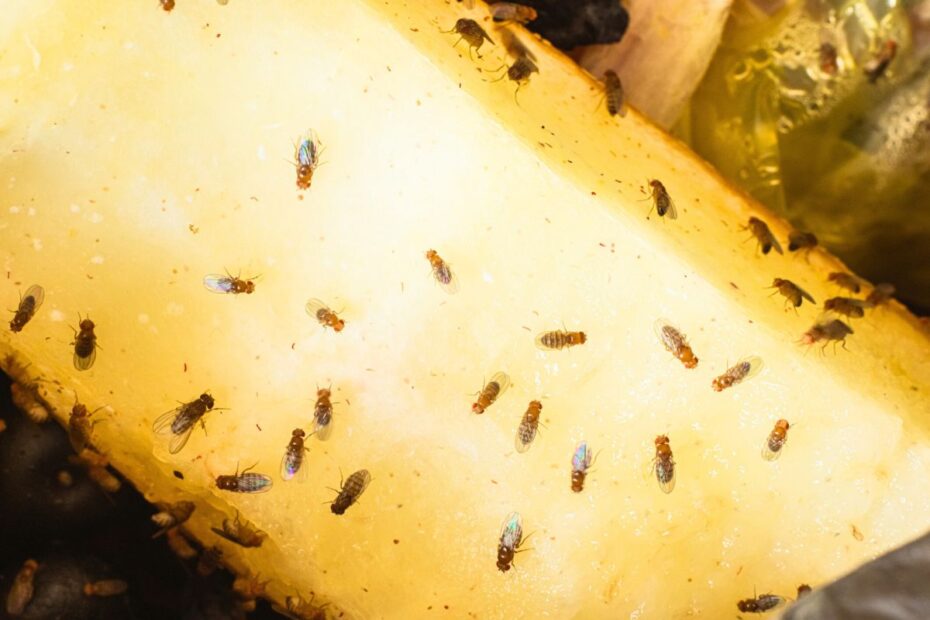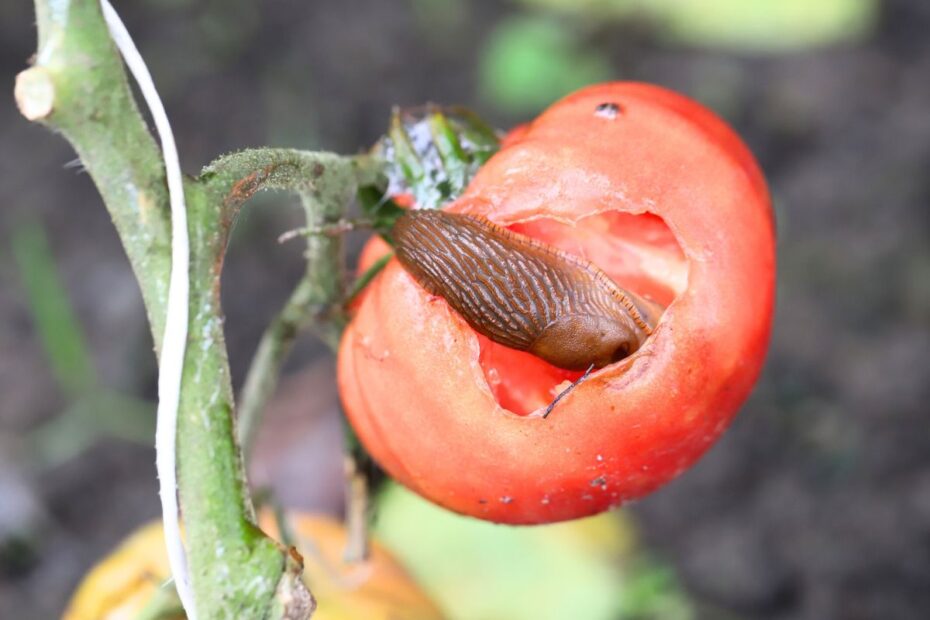Don’t throw away old pots and pans — turn them into bird-friendly garden accessories
Summer brings long evenings, ripening fruit, and gardens full of life. But for the birds that share our outdoor spaces, the hot months can be a real struggle. When temperatures rise above 30°C, natural puddles vanish, and finding fresh water becomes a matter of survival. Instead of tossing your old pots and pans, why not give them a second life as stylish bird water stations? It’s a simple, eco-friendly idea that helps both wildlife and your garden’s charm.
Don’t throw away old pots and pans — turn them into bird-friendly garden accessories
